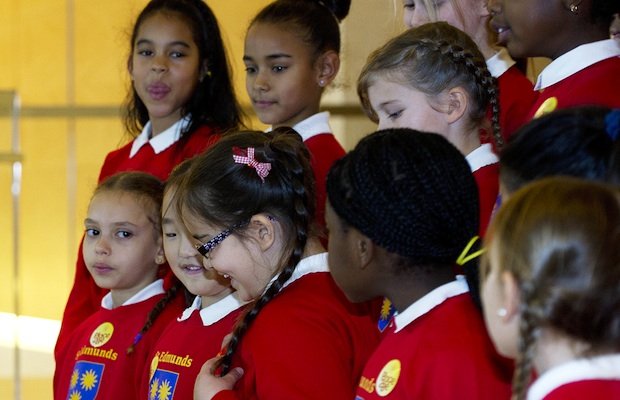There’s no such thing as ‘non-academic’ says this one MP

Education and childcare minister Liz Truss has challenged the idea of a 'non-academic' child, asking: "What does 'non-academic' even mean?"
Echoing the idea put forward by Matthew Syed in his book Bounce, she said that the idea of natural talent determining ability is limiting, and that Britain is losing out to other countries that care more about hard work than innate ability.
They don’t believe that success will come naturally to some, but that it can come inevitably to everyone – if they work for it.
Speaking in Oxford today, Truss also said that the idea that social mobility is now relative "rails against economic reality".
Skills, she said, bring supply-side reform. Jobs reflect the skills available.
Moreover, the idea that there's "not enough room in Britain" – that there are a fixed number of jobs – is a myth.
Britain has one of the most flexible labour markets in the world – along with countries like Canada or the USA. And the data suggests we have an economy that reflects our current skill levels – that most people are neither under- nor overqualified for the jobs they do. Likewise in Canada and the US.
That means if we had better skills – and keep our current flexible approach – we would have more jobs at a higher skill level, too.
Many of the changes made in education by the coalition have met with criticism, frequently verging on the vitriolic – not just because of opposition to ideas behind the reforms, but because of the incessant upheaval it means for teachers and students.
Nonetheless, Truss was quick to highlight the underlying ideal to "improve the quality of teaching":
Every reform is based on this idea: giving every child, no matter where they live or what their parents do, the sort of high-quality, rigorous, rounded education previously reserved only for the few.